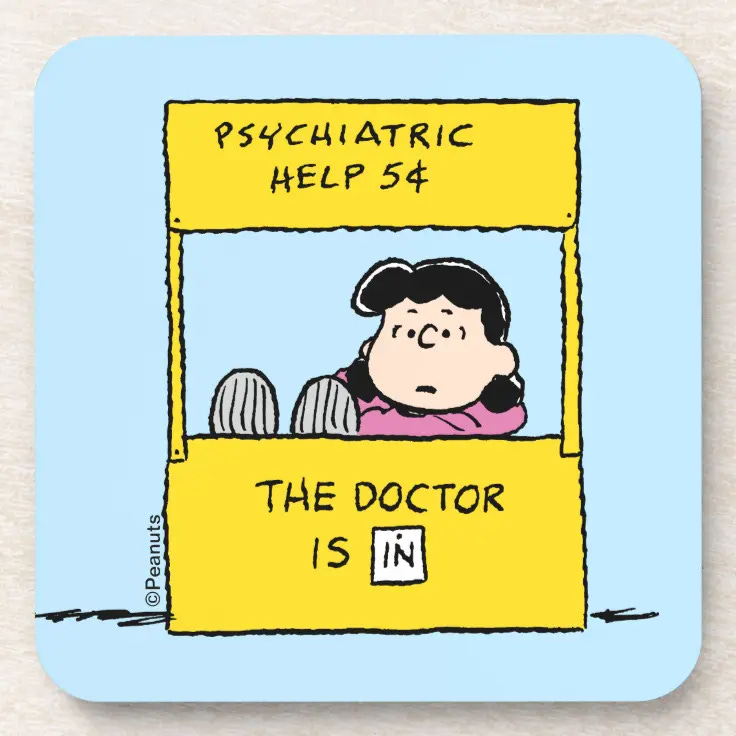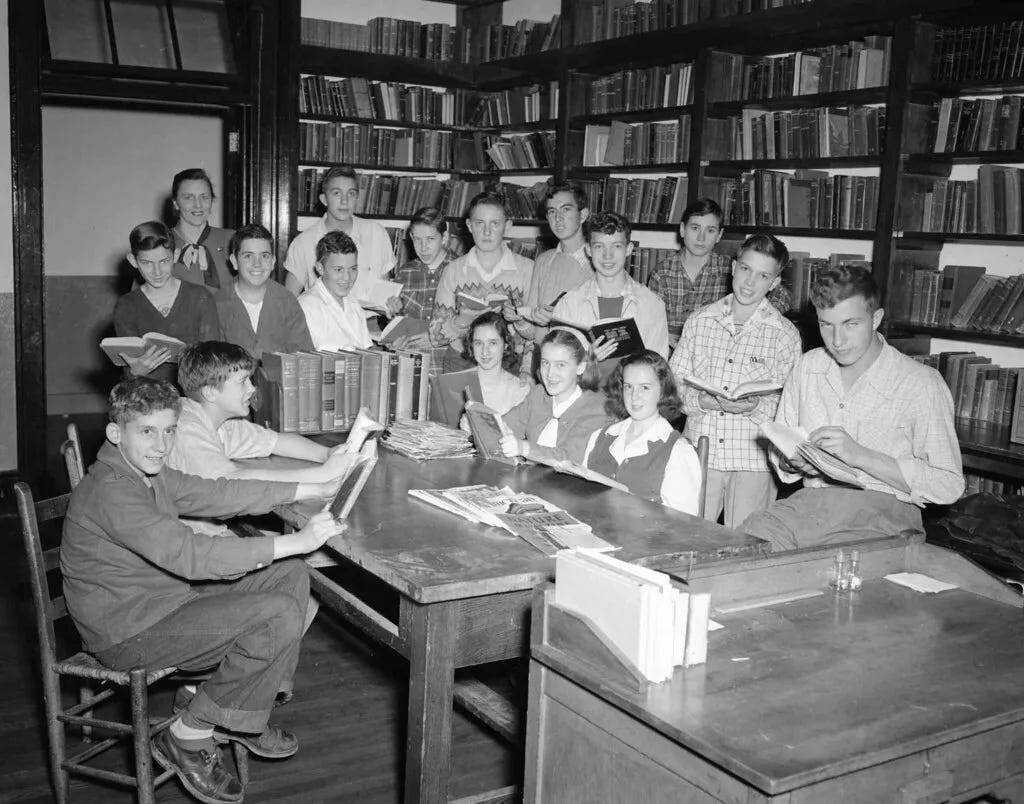A few days ago, I solicited your writing-related questions. I’ve answered three of them below.
Where My Writers At?
I would love to understand how to find a writing community. I am just beginning and I do not believe I will be able to take a writing course at this time. Is there a way to find fellow writers who would be willing to read absolute trash in these early stages?
I can sympathize. I don’t have an MFA, and I had very few writer friends before my first novel came out in 2011. Jump cut to 2023, and I’m the person people come to with “Hey, you know everyone, do you have Haruki Murakami’s phone number?” (Disclaimer: I do not have Haruki Murakami’s phone number.) Because I made most of my writer friends after I published, I can’t say I’m an expert on finding a writing group early on. But I can say what I wish I’d taken better advantage of way back.
Social media
There are so many Facebook groups for writers—ones based on geography, identity, genre, etc.—and you might do well to join a bunch, lurk, and see who looks cool. Or you could just post a big “Help! Let’s be friends!” message and see what happens.
(Okay, so social media wouldn’t have been an option for me in my 20s. But the one thing I did manage to find back then was the late, great “Speakeasy” message board that Poets & Writers magazine used to run. It was very web 1.0, and it was delightful, and I still have a few friends from it.)
Bookstore events
If you live anywhere near any kind of bookstore that holds events, go to as many as you possibly can. You’ll start to see some of the same people each time. Plenty will just be great readers, but a lot will be local writer friends of various visiting authors. You can’t creepily follow them to the bar afterwards, but you might strike up a conversation… And if nothing else, you’ve helped fill a seat and you can get some great writing advice during the Q&A.
Local college reading series
Same as above. Colleges, universities, and community colleges often bring wonderful writers to town, and many of these readings are open to the public.
Libraries and community centers
Ask around. A lot of those places have free writers groups, or even free writing classes.
Open mics, live lit nights, poetry slams, etc.
Go to the things writers go to. Read at the things writers read at.
Conferences
If you aren’t up for a class, you might not be up for a weekend-long or week-long writing conference, either, but they’re a blast and you’d meet a lot of people very fast. Many of them have scholarships.
All that said, I wonder why you say you won’t be able to take a writing course. There is so much great content online right now, and a lot of writing centers—Hugo House, Grub Street, Lighthouse Writers Workshop, StoryStudio Chicago (where I’m Artistic Director)—offer scholarships for everything from single-session to yearlong classes. (So many of the longer courses I’ve taught have yielded long-lasting writing groups!) Granted, you’re less likely to make friends in a one-night class, but if you’re all introducing yourself and someone says he’s writing a speculative novel about a craft store, and you’re writing a speculative novel about a hardware store, and you DM the guy, etc. etc.
How Do I Chapter a Chapter?
I have a full draft of a memoir of strength and resilience after early childhood mother loss. I wrote it a scene or instance or vignette at a time and I have followed memoir coach Marion Roach's advice about story arc and three acts. BUT I am stumped as to how to create chapters. How do you decide where to divide into the next chapter? How long should a chapter be? Pro's and cons for chapter titles versus chapter numbers?
Congrats on finishing a draft! It sounds like you’re looking for some kind of rule or best practices around this, and there just honestly isn’t such a thing. Use chapters, don’t, number them, don’t, have really short chapters, have really long chapters… I mean, pull twenty books off your shelf and see the variety.
Some general principles, though:
Chapter titles are a little more common in children’s literature, but they can be cheeky and fun and beautiful on an adult novel. Rabih Alameddine’s recent The Wrong End of the Telescope makes the best use of chapter titles that I’ve seen in a long time.
Shorter chapters tend to be a little more propulsive for the reader, a little more like eating one more Pringle and then one more Pringle.
You might want to aim for some kind of evenness, chapters vaguely around the same length… or not. I’ll never forget my childhood shock and delight at suddenly finding a one-sentence chapter in Alice Through the Looking-Glass.
When you’re looking for division points, you’ll probably find them in the places where you change subject or jump forward in time. Or not.
You don’t need to end every chapter or section on a cliff hanger, but ideally you end with a something that makes us want to keep reading. Maybe an unanswered question, but maybe a revelation, maybe a verbal punch, maybe just a nice $20 bribe tucked between the pages. Whatever works.
I’m going to add some unsolicited advice: If you’re looking for a formula here, you might be looking for formulas in other areas of your writing. Please don’t! You didn’t set out to write something formulaic, did you?? Throw caution to the wind! Do something weird! Let your story find its own unique shape! Fuck things up! Make a mess! Don’t assume that someone out there has magic ratios or methods. Your story has the answers.
Stars Upon Thars
What do you say to someone who has completed multiple novels at a high level of quality (starred reviews through indie publishers etc) but hasn't gotten the critical response or financial success to feel like the efforts are worth the time? I feel like telling them 'Most books don't make money, it's own to marketing and luck' or 'It's just great that you made something of high quality that you're proud of' are both true but not helpful. Is there a way to frame this that might help a talented friend beat back the despair?
There are really two answers here. There’s the “but the work is the reward” answer, and the “anything could happen answer.”
Here’s the first one:
I do think it’s useful to remember that wherever you are, someone else dreams of being. Cheesy, cheesy, cheesy, but true. And even when writing doesn’t bring you everything you ever wanted, it’s still not coal mining. But your friend knew that already.
Here’s the second answer:
I’m gonna do something here that I’ve never done before. I feel like I’m about to flash everyone. This is a graph of my US book sales, minus actual sales numbers. The blue is my first novel, The Borrower. The yellowish one is The Hundred-Year House, my second novel. The dark pink that you can barely barely see is my story collection, Music for Wartime. And then the green is The Great Believers. (The sharp spikes along the way for the earlier books are mostly when there was a $1.00 ebook deal. The spikes for TGB tend to be holidays, etc.)
You might, uh, notice some discrepancies. To be clear, The Great Believers (despite the way I keep getting introduced onstage, after which I feel too awkward to correct people) was never a NYT bestseller. But we could definitely call it a “breakout book.” Fourth time out, I got really, really lucky (yes, luck has so much to do with it), and not everyone will be lucky, because life isn’t fair.
My story collection, the one you can barely see on this chart, might well be my best book. But no one buys story collections. Was my last novel literally 26 times better than my story collection? Nope. But I’m really, really glad I didn’t quit publishing after that collection didn’t buy me worldwide fame and a guest room at Oprah’s house.
If your friend is getting starred reviews, they’re writing really, really good books. I know people whose first book was a huge best seller, and their biggest book by far. I do not envy them that. The most enlightened of them are tremendously zen about it. Others, though, are more than a little bummed about a career that’s always going to be downhill from that first big moment. (And a few others will never understand that their out-of-the-gate success had anything to do with luck. We don’t sit with those people at parties.)
Ask your friend what their future self would come back through time to tell them, if they could. It’s probably something pretty encouraging. They should listen to it.
I’ll gather more questions from paid subscribers soon! Meanwhile…










Best graph ever, Rebecca.
One addition, from a writer on Medicare. The last line of a Mary Oliver poem: “Keep some room in your heart for the unimaginable.”
Thanks for inspiring me to look into more meet ups in my area! I found a couple that look like they might be a fit.